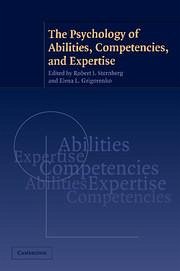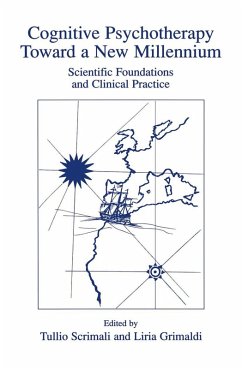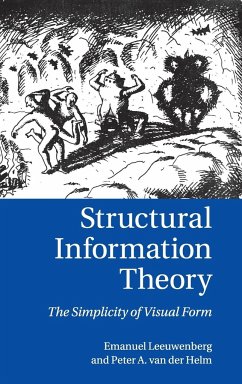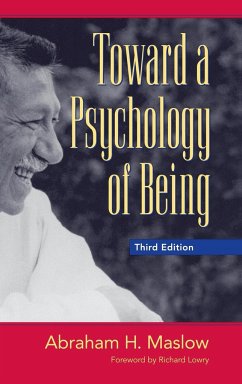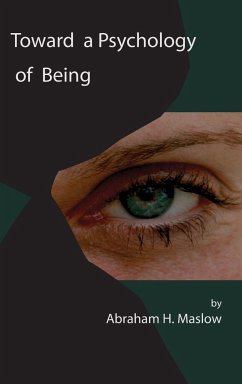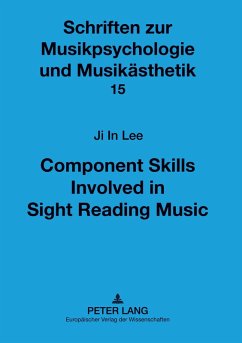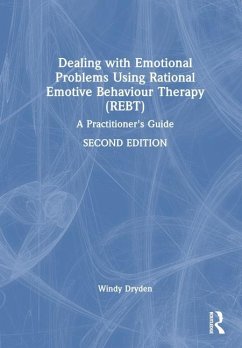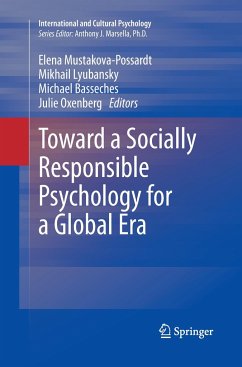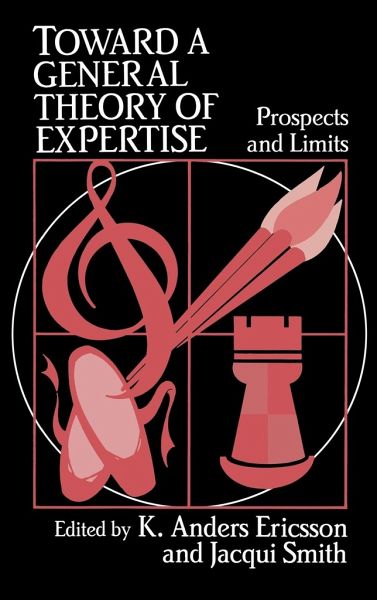
Toward a General Theory of Expertise
Prospects and Limits
Herausgeber: Smith, Jacqui; K. Anders, Ericsson; Ericsson, K. Anders

PAYBACK Punkte
60 °P sammeln!
During the last twenty years our understanding of expertise has dramatically increased. Laboratory analysis of chess masters, experts in physics and medicine, musicians, athletics, writers, and performance artists have included careful examination of the cognitive processes mediating outstanding performance in very diverse areas of expertise. These analyses have shown that expert performance is primarily a reflection of acquired skill resulting from the accumulation of domain-specific knowledge and methods during many years of training practice. The importance of domain-specific knowledge has ...
During the last twenty years our understanding of expertise has dramatically increased. Laboratory analysis of chess masters, experts in physics and medicine, musicians, athletics, writers, and performance artists have included careful examination of the cognitive processes mediating outstanding performance in very diverse areas of expertise. These analyses have shown that expert performance is primarily a reflection of acquired skill resulting from the accumulation of domain-specific knowledge and methods during many years of training practice. The importance of domain-specific knowledge has led researchers on expertise to focus on characteristics of expertise in specific domains. In Toward a General Theory of Expertise many of the world's foremost scientists review the state-of-the-art knowledge about expertise in different domains, with the goal of identifying characteristics of expert performance that are generalizable across many different areas of expertise. These essays provide a comprehensive summary of general methods for studying expertise and of current knowledge about expertise in chess, physics, medicine, sports and performance arts, music, writing, and decision making. Most important, the essays reveal the existence of many general characteristics of expertise.
Table of contents:
Preface; 1. Prospects and limits of the empirical study of expertise: an introduction K. Anders Ericsson and Jacqui Smith; 2. Expertise in chess: the balance between knowledge and search Neil Charness; 3. Learning and use of representation for physics expertise Yuichiro Anzai; 4. The general and specific nature of medical expertise: a critical look Vilma L. Patel and Guy J. Groen; 5. Motor-skill experts in sport, dance, and other domains Fran Allard and Janet L. Starkes; 6. Musical expertise John Sloboda; 7. Literate expertise Marlene Scardamalia and Carl Bereiter; 8. The process-performance paradox in expert judgment: how can experts know so much and predict so badly? Colin F. Camerer and Eric J. Johnson; 9. Controlling complex systems; or, Expertise as 'grandmother's know-how' Dietrich Dörner and Julia Schölkopf; 10. Techniques for representing expert knowledge Judith Reitman Olson and Kevin J. Biolsi; 11. Expertise as the circumvention of human processing limitations Timothy A. Salthouse; 12. Symbolic connectionism: toward third-generation theories of expertise Keith J. Holyoak; Index.
In Toward a General Theory of Expertise many of the world's foremost scientists review the state-of-the-art knowledge about expertise in different domains, with the goal of identifying general characteristics of expert performance. Includes current knowledge about expertise in chess, physics, medicine, sports, performance arts, music, writing, and decision making.
Table of contents:
Preface; 1. Prospects and limits of the empirical study of expertise: an introduction K. Anders Ericsson and Jacqui Smith; 2. Expertise in chess: the balance between knowledge and search Neil Charness; 3. Learning and use of representation for physics expertise Yuichiro Anzai; 4. The general and specific nature of medical expertise: a critical look Vilma L. Patel and Guy J. Groen; 5. Motor-skill experts in sport, dance, and other domains Fran Allard and Janet L. Starkes; 6. Musical expertise John Sloboda; 7. Literate expertise Marlene Scardamalia and Carl Bereiter; 8. The process-performance paradox in expert judgment: how can experts know so much and predict so badly? Colin F. Camerer and Eric J. Johnson; 9. Controlling complex systems; or, Expertise as 'grandmother's know-how' Dietrich Dörner and Julia Schölkopf; 10. Techniques for representing expert knowledge Judith Reitman Olson and Kevin J. Biolsi; 11. Expertise as the circumvention of human processing limitations Timothy A. Salthouse; 12. Symbolic connectionism: toward third-generation theories of expertise Keith J. Holyoak; Index.
In Toward a General Theory of Expertise many of the world's foremost scientists review the state-of-the-art knowledge about expertise in different domains, with the goal of identifying general characteristics of expert performance. Includes current knowledge about expertise in chess, physics, medicine, sports, performance arts, music, writing, and decision making.





